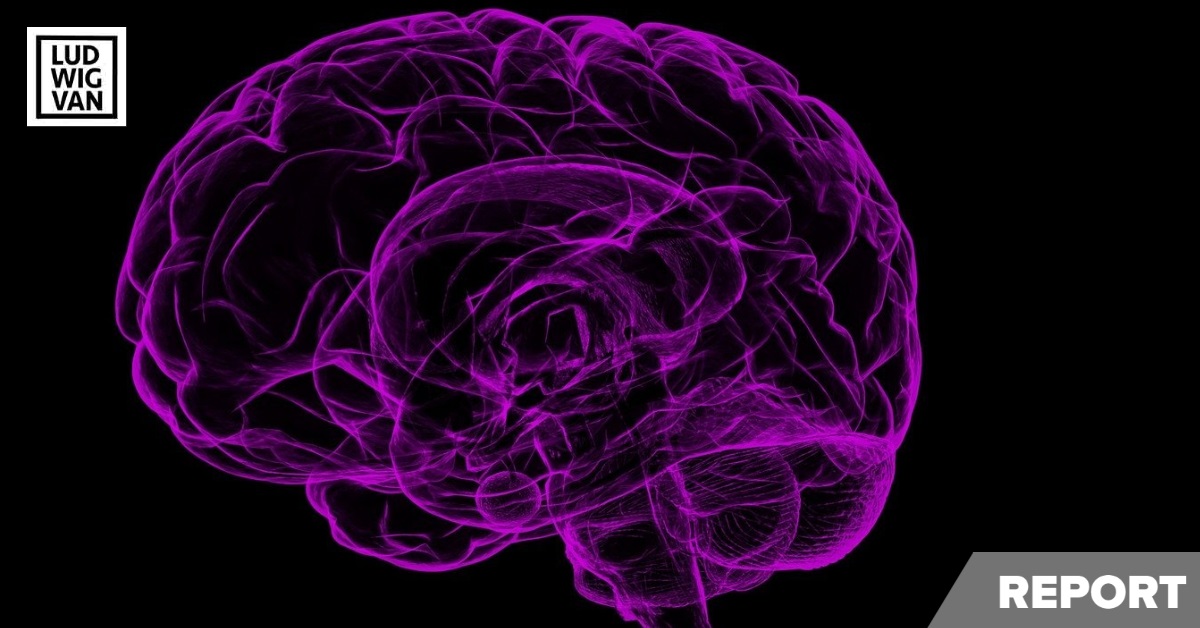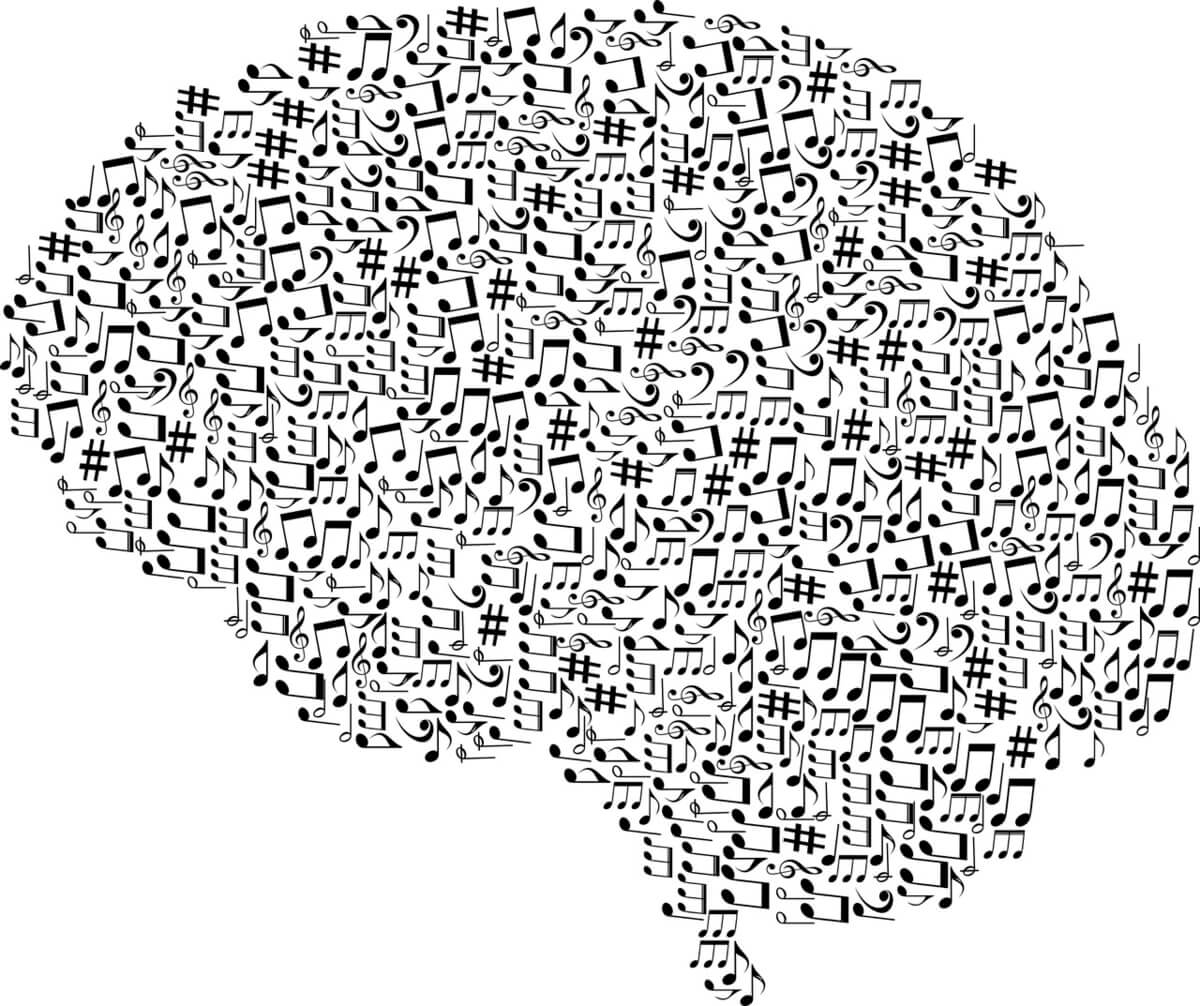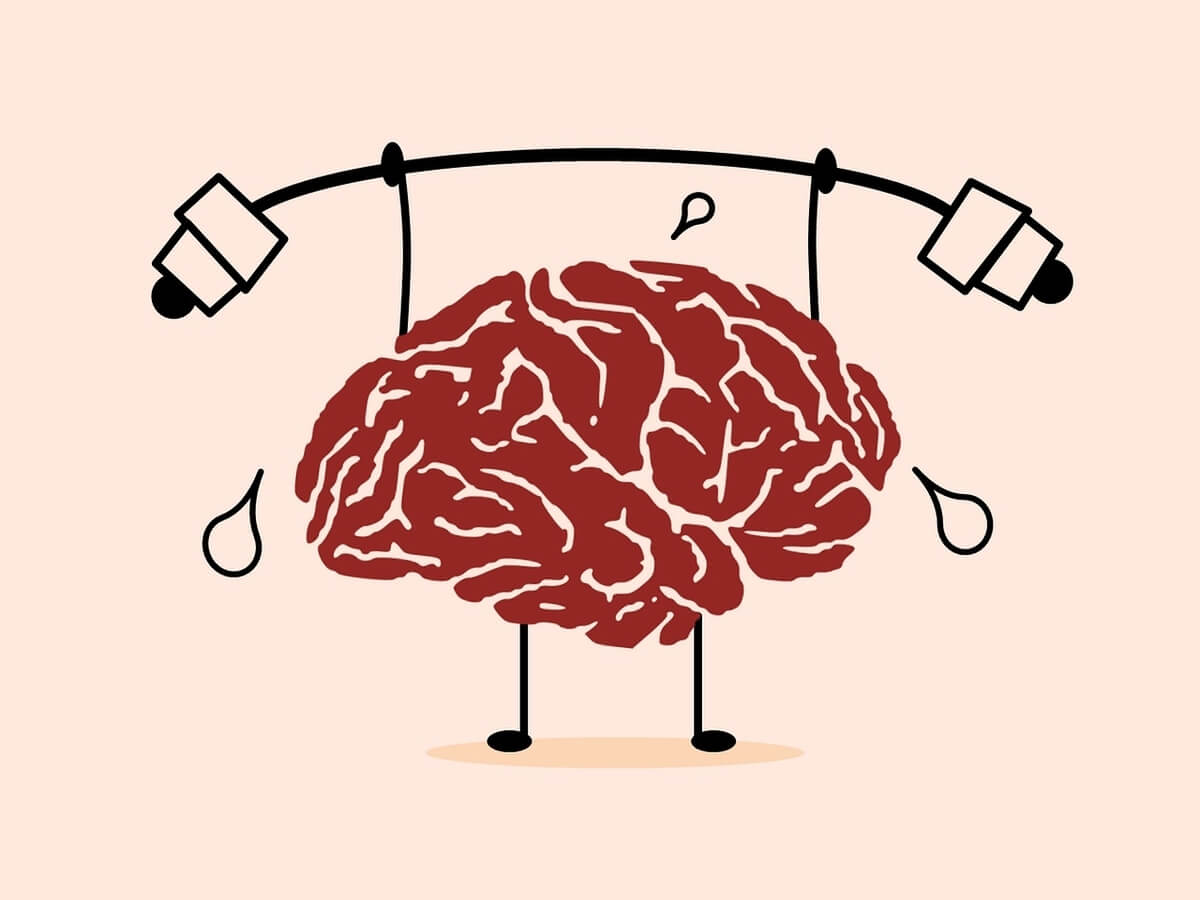
Can music slow down and even reverse the effects of aging and dementia in the brain? New studies join a growing body of research that suggests the answer may well be in the affirmative.
A research paper published in the journal Neuroscience & Biobehavioral Reviews in June 2020 titled Music Making and Neuropsychological Aging: A Review analyzed existing research.
Just how does learning music help to reverse the decline of brain function due to age and dementia? That’s the key question. Among other findings, the researchers noted that the same areas of the brain were targeted by music making, social as well as general cognition.
“Active engagement in music making might be one such activity because it places a demand on brain networks tapping into multisensory integration, learning, reward, and cognition. It has been hypothesized that this demand may promote plasticity in the frontal and temporal lobes by taxing cognitive abilities and, hence, increase resistance to age-related neurodegeneration,” the study notes.
They describe the results of intensive music training as a form of intervention for patients in cognitive decline as “promising”.

Music Study And Brain Plasticity
Learning music, and its effects on brain plasticity (or the brain’s ability to physically rewire itself, simply put), seems to be the key to the puzzle.
An earlier review from 2009 looked at why professional musicians made such good models for the study of brain plasticity. “To play the demanding two three-second segments of the 11th variation from the sixth Paganini Etude by Franz Liszt, for example, requires the production of 30 notes per second. A tremendous amount of training is needed to achieve this kind of finger speed,” the introduction notes.
Essentially, the hypothesis states that the many thousands of hours of practice required to achieve expertise in musical performance should logically affect neuroanatomical and neurophysiological structures. The brain changes, in other words, along with the skill of the musician.
The good news is, the benefits seem to extend from professional musicians to those who study and practise part-time as semi-pros. Researcher Lutz Jäncke of the University of Zurich wrote, “A general finding of the studies published thus far is that nearly all of those brain areas involved in the control of musical expertise (motor cortex, auditory cortex, cerebellum, and other areas) show specific anatomical and functional features in professional and semi-professional musicians.”
The Brain Workout
All the research papers acknowledge that more study is needed to form real conclusions. Medical practitioners aren’t waiting for definitive results, however, before recommending music as a way to keep the brain young.
“There are few things that stimulate the brain the way music does,” recommends a Johns Hopkins otolaryngologist. “If you want to keep your brain engaged throughout the aging process, listening to or playing music is a great tool. It provides a total brain workout.”
Music’s beneficial effects on other bodily functions have been well studied, including its capacity to lower blood pressure and even pain levels, among many other things. Researchers at Johns Hopkins University looked at jazz musicians and rappers, studying what happened to their brains as they improvised music while lying inside a Functional Magnetic Resonance Imaging (or fMRI) machine.
An otolaryngologist-researcher wrote, “Music is structural, mathematical and architectural. It’s based on relationships between one note and the next. You may not be aware of it, but your brain has to do a lot of computing to make sense of it.”
The paper also suggested that learning a constant stream of new music was also important, in order to constantly challenge your brain.

All That Practice Does Count
Other research examines whether the beneficial effects of music study and practice transferred to non-musical activities. One limited study found that people who had at least ten years of musical education and practice under their belts performed better in tests of nonverbal memory and other executive processes, even into advanced old age.
The conclusion reads, “These correlational results suggest a strong predictive effect of high musical activity throughout the life span on preserved cognitive functioning in advanced age.”
A 2019 research paper published in frontiers in Psychology found correlations between musical improvisation in particular and improvements in memory function. They also found that participants with at least five years’ musical study showed better results in visual memory over non-musicians overall.
The study noted a relationship between areas of brain function, music, and memory. “In addition, there is a relation between musical improvisation and autobiographic memories, since independently of the level of complexity used in the improvisation, the prefrontal and medial temporal cortices are activated, and these areas are involved in memory.”
Even once patients display the symptoms of dementia, music can reach where other treatments cannot. In 2018, researchers at the University of Utah Health found concrete evidence that music can reach parts of the brain that remained unaffected by the disease. They used a personalized soundtrack to reach patients who were often confused by the world they faced. Music seems to serve as a lifeline back to reality.
MRI scans showed that listening to music with a personalized connection to the patient caused whole networks of connections to activate in their brains, including the visual network and other executive functions.
“This is objective evidence from brain imaging that shows personally meaningful music is an alternative route for communicating with patients who have Alzheimer’s disease,” said Norman Foster, M.D., Director of the Center for Alzheimer’s Care at U of U Health and senior author on the paper. “Language and visual memory pathways are damaged early as the disease progresses, but personalized music programs can activate the brain, especially for patients who are losing contact with their environment.”

The Search Is Ongoing
Research into the field is ongoing. A study at the Carnegie Mellon University’s School of Music in PIttsburgh developed a program using learning how to play the marimba and a group of adults who already displayed symptoms of mild cognitive impairment. The pioneering study was created for the Alzheimer’s Disease Research Center at the University of Pittsburgh. The physical requirements of playing — standing up, hitting with a hammer — were taken into account.
During the pandemic, researchers shifted the activities online, with subjects learning how to read and conduct music, as well as singing exercises. With positive results from a small initial group so far, the online program can now expand.
Final results may be years away in the future, but the evidence so far simply underscores what all good music teachers already know: keep practising.
#LUDWIGVAN
Want more updates on classical music and opera news and reviews? Follow us on Facebook, Instagram or Twitter for all the latest.
- PREVIEW | SUMMER OPERA LYRIC THEATRE Presents Handel’s Xerxes, Mozart’s Idomeneo & Puccini’a La Boheme July 26 To August 4 - July 26, 2024
- PREVIEW | YENSA Festival V.2 Offers Black Flames Performances & Other Ways To Celebrate Black Women In Dance - July 25, 2024
- PREVIEW | Canadian Talent Conspicuous In The Met: Live In HD 2024-25 Season - July 25, 2024



